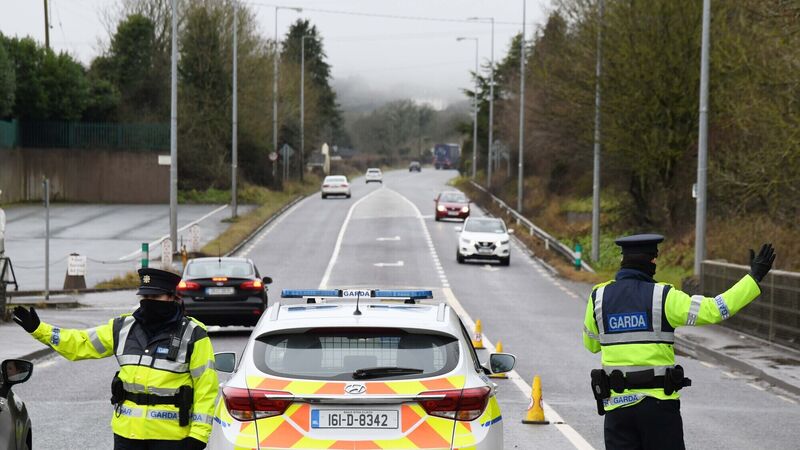Gardaí seek clarity on Covid border checks as scientists say zoning could help

GRA assistant general secretary Dermot O’Brien said it was unrealistic to police 300 border crossings without a clear plan. Picture: Denis Minihane.
The Garda Representative Association (GRA) has called for a clear plan to carry out spot checks along the border while experts have suggested that zoning Covid areas by infection rates could help to manage the border area.
GRA assistant general secretary Dermot O’Brien said it was unrealistic to police 300 border crossings without a clear plan.










